Absa and Mozambique LNG Project open exhibition 'Faces of Impact: Stories of Community Development ...
Nikotina KF: “It’s complicated to think differently” in Mozambique

The soundtrack that has mobilized thousands of young people in the protests is called "Pray for Moz" [Photo via DW}
- “There is cultural ostracism” in Mozambique, musician Nikotina KF says in an interview with DW. The rapper is the author of the song used by the young people leading the protests.
Nikotina KF, the stage name of Mozambican rapper Higino Fumo, is the author of the soundtrack used as an anthem by the young people leading the protests in Mozambique. A follower of his fellow countryman Azagaia, who died in 2023 in Maputo, and whose voice became known as that of a critic of the ruling party, Frelimo, Nikotina is one of the young people thirsting for justice who have emerged at the forefront of the contestation of the results of the October 9 elections, which presidential candidate Venâncio Mondlane considers fraudulent in giving victory to Daniel Chapo.
In an interview with DW, the rapper talks about the street protests, which “unfortunately have become violent”, but considers that demonstrating is a constitutional right of citizens. He claims that his music, like Azagaia’s songs, “is a poetic talking about the street, an art that was already made by our slave ancestors”.
Regarding the current political situation, with its consecutive days of protests, the rapper states: “We live in a place where it is very difficult to think differently”.
DW Africa: Why did you compose your recent song, which is becoming a hit in the context of the protests?
Nikotina KF (NKF): The song is called “Pray for Moz”, which in short means “Let’s pray for Mozambique”. This song is in line with what we have been experiencing, during our peaceful demonstrations, which unfortunately have now become violent because people have ended up using Article 80 [of the Constitution of the Republic], which gives the people the right to resistance. And it is having an impact on young people.
That was always the idea, to make known to the world what we have been experiencing, the aggressions we have experienced when we try to guarantee a constitutional right.
DW Africa: Your song has become a kind of anthem for the protests, similar to the songs of the late rapper Azagaia.
NKF: I wish! Azagaia was a prophet. Azagaia wrote the ‘bible’ of the demonstrations. If we look closely, we will discover that the demonstrations, even the way they are called by candidate Venâncio [Mondlane], are very much what Azagaia is. Azagaia created the anthem of what will be the Mozambican revolution – I don’t know if it will be this one, but it will probably be the next one. This whole phase is guided by Azagaia. I am just a young man who drank of his influence, so as not to be left out of the people’s struggle.

DW Africa: Is your anthem not aired on state media?
NKF: Yes, yes. It’s not just my anthem. All songs that don’t go along with the system’s agenda are not brought. And we, thank God, don’t record them with the intention of getting them there either. They are street poetry, an art that was already done by our ancestors when they were slaves, rhyming disputes and everything else.
We are reliving what history is, our genesis as Africans, and we communicate hand to hand. It is through this line of timeless communication, based simply on the feeling of telling the truth about what you think, that we have come this far. Information goes from hand to hand. That’s how it is.
DW Africa: Is your protest music leading to your persecution?
NKF: Exactly. But the persecution only got worse because this movement had already begun as soon as I started presenting my position on television channels. We live in a place where it is very difficult to think differently, but we cannot run away from [it] and suffer persecution by those who should defend us.
DW Africa: How do musicians and artists in general view these disagreements?
NKF: There is a song, for example, based on a proverb, which says that “Love is Blind”. So, I don’t see this disagreement – what I see are divisions or the non-acceptance of different opinions.
In the past, some Greek might have called this ostracism. There is a cultural ostracism that, in a way, gives the impression that there is a division. But no.
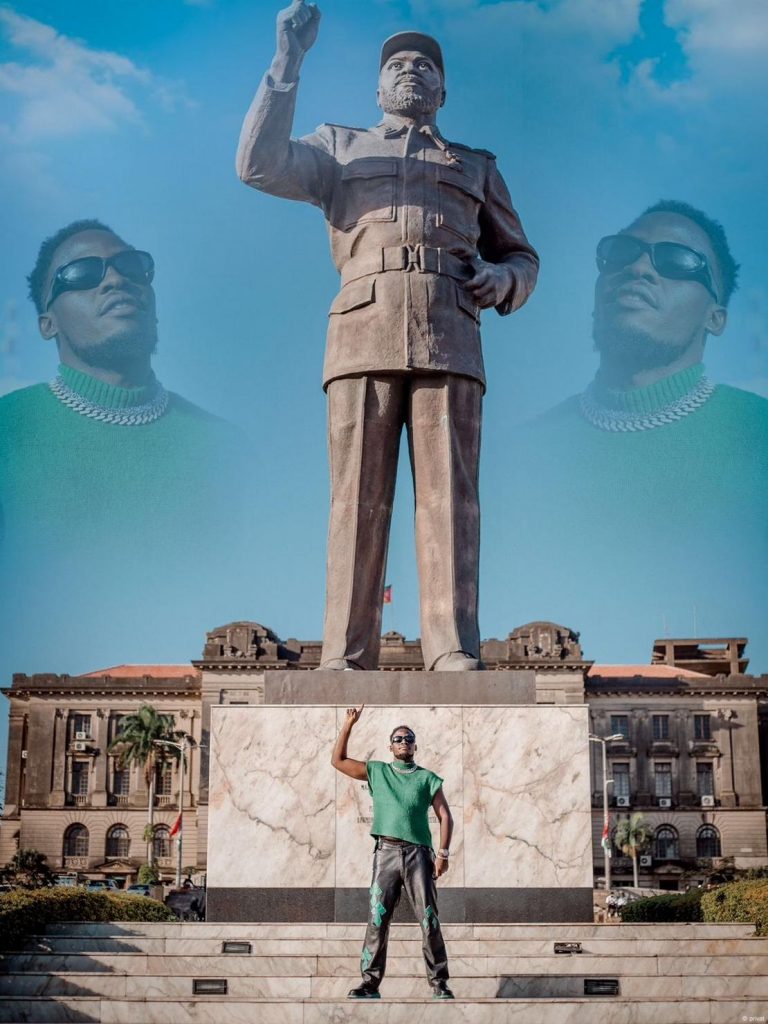
So, as one of these right-wing people, I end up realizing that they are creating a movement that is even anti-democratic. There is intolerance on the part of all the others who defend other types of causes. So, I believe that there is a cultural ostracism.
DW Africa: Is this division due to convictions or to survival interests?
NKF: I could imagine that it borders on both aspects. It borders on interests, firstly, because we are in a society in which we are people who fought for the people and in defence of human rights, we have the example of Azagaia himself; singers who died in a situation of disgrace. I don’t believe that a glimpse of a horizon of success can be felt yet.
Let’s be a little more strict. Then, the people who don’t know, who generally don’t have the conviction that, for example, I have, that something needs to be done will [also] know.. We need to live for something rather than die for nothing.
So, we end up defending this interest. But the others, who don’t accept doing it that way, they can say that they live with us, that they know what we’re going through. They’re afraid of oppression or reprisal, that’s all. So, I think that it touches convictions and also interests, in a way.


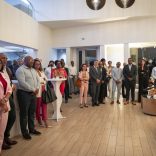

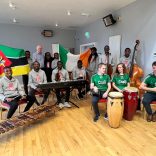

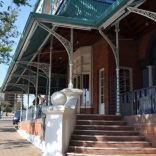
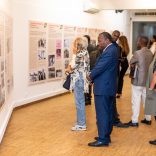


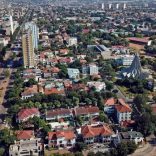

Leave a Reply
Be the First to Comment!
You must be logged in to post a comment.
You must be logged in to post a comment.